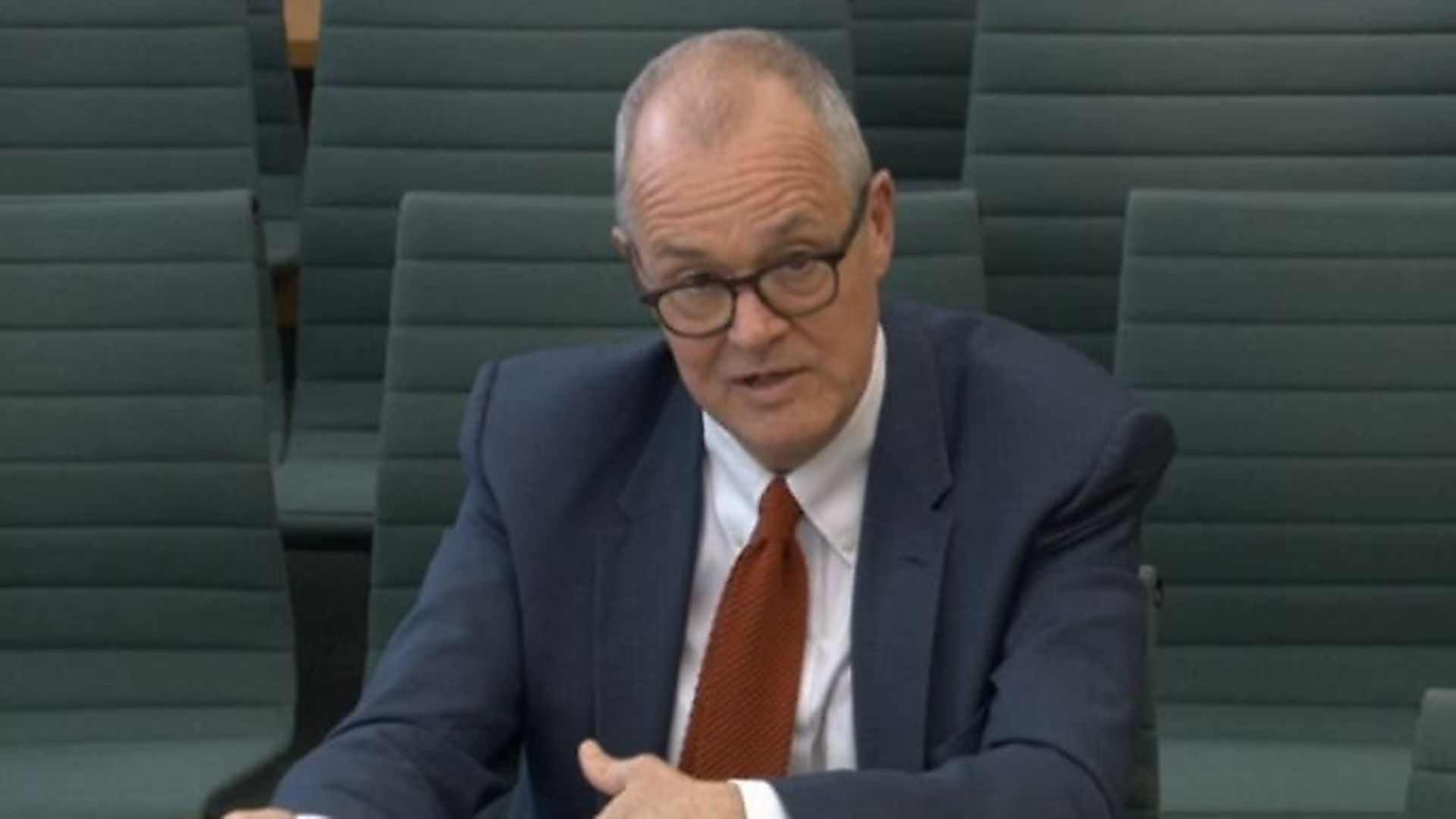
The outcome of the coronavirus pandemic in the UK ‘has not been good’, the government’s chief scientific adviser has said.
Sir Patrick Vallance told the Science and Technology Committee there will be ‘many factors’ that determine how well countries respond to the outbreak.
He said: ‘As (chief medical officer Professor) Chris Whitty has said before, it’s very difficult to know where we stand at the moment.
‘It’s clear that the outcome has not been good in the UK, I think you can be absolutely clear about that.
‘It is clear you can see a band of countries that have done less well in the temperate zone. Countries that are very well connected internationally, countries that have got population structures of a certain type.
Have your say
Send your letters for publication to The New European by emailing letters@theneweuropean.co.uk and pick up an edition each Thursday for more comment and analysis. Find your nearest stockist here or subscribe to a print or digital edition for just £13. You can also join our readers' Facebook group to keep the discussion and debate going with thousands of fellow pro-Europeans.
‘There are many factors that are going to play in this as we look and say, ‘what is it that makes some countries having done worse than others?’, and there will be decisions made that will turn out not to have been the right decisions at the time.’
The scientist said there was no assumption there will be a coronavirus vaccine in the immediate future.
He said the UK had a ‘wide range’ of vaccine options ‘because we don’t know which one is going to win’.
Sir Patrick said: ‘Our assumption is we won’t have it and when we get it we will be thrilled.’
Asked about human challenge trials, which involve deliberately exposing people to the virus after giving them the vaccine, he said the method was a ‘well-established way’ of testing vaccines.
‘What are the two big challenges for this virus? Dose and rescue.
‘So the prerequisites to do human challenge studies are to understand what dose causes a safe infection and can you rescue it if you get it wrong?’
On what the current answer to those questions was, he said: ‘We don’t know the dose and we don’t yet know when remdesivir (drug) will rescue the infection.
‘It is absolutely the right thing to explore, but we are not there yet in terms of having all the answers.
‘We need to make sure we progress safely.’









